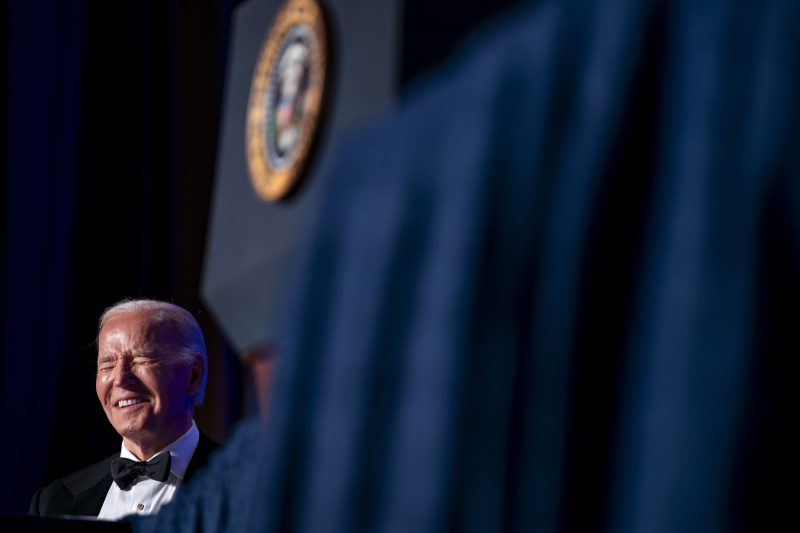In recent political developments, President Joe Biden is embarking on a notable shift in his rhetoric towards his predecessor, former President Donald Trump. A perceptive observation on Biden’s communication strategy reveals a considerable uptick in personal and sarcastic attacks aimed at Trump. This shift, while not entirely unexpected given the acrimonious history between the two leaders, marks a departure from the more restrained and diplomatic tone typically associated with presidential discourse.
One of the most striking aspects of Biden’s evolving approach is his willingness to engage in direct and pointed criticism of Trump, often in a manner that is personal and laced with sarcasm. This departure from traditional presidential decorum is evident in Biden’s public statements and speeches, where he has not shied away from calling out specific actions or characteristics of Trump that he finds objectionable. By using sarcasm as a tool to convey his disapproval, Biden is attempting to inject a sense of humor and relatability into his critiques while also making a more emotional connection with his audience.
Furthermore, Biden’s choice to personalize his attacks on Trump may be a strategic move to not only distinguish himself from his predecessor but also to rally his political base and energize supporters. By framing his criticisms in this manner, Biden is positioning himself as a vigorous defender of his administration’s policies and as a vocal opponent of the Trump-era approach to governance. This strategy could prove effective in solidifying his standing among Democratic voters and mobilizing grassroots support for his agenda.
However, the increasing personal and sarcastic nature of Biden’s jabs at Trump also carries potential risks. While it may resonate with his base, such rhetoric could further polarize an already deeply divided political landscape and alienate potential swing voters who prefer a more measured and unifying approach. Additionally, engaging in this type of discourse runs the risk of overshadowing substantive policy debates and potentially distracting from the pressing issues facing the country.
In conclusion, Biden’s pivot towards more personal and sarcastic attacks on Trump represents a notable shift in his communication strategy and underscores the intensity of the political divide in the United States. While this approach may have its benefits in energizing his base and drawing a clear contrast with his predecessor, it also poses challenges in terms of maintaining a sense of presidential decorum and unity. As the political landscape continues to evolve, it remains to be seen how Biden’s rhetoric will shape public perception and influence the dynamics of American politics.

